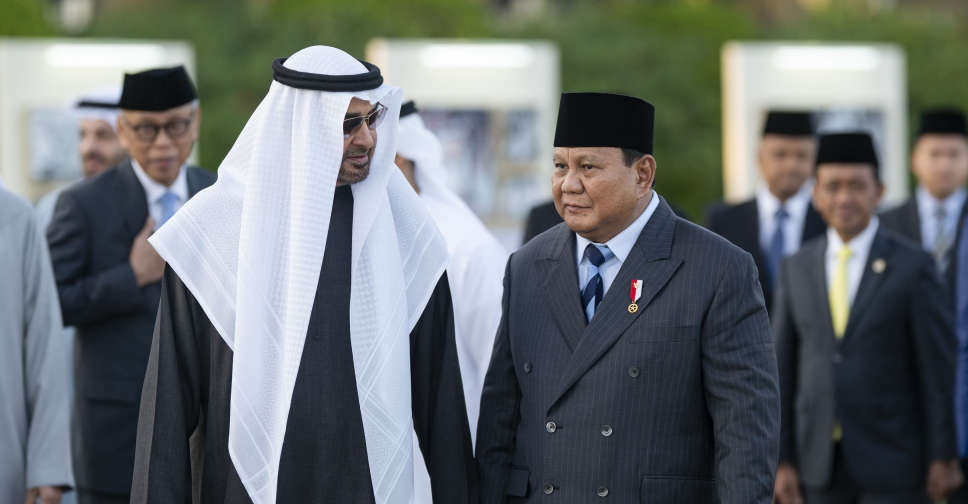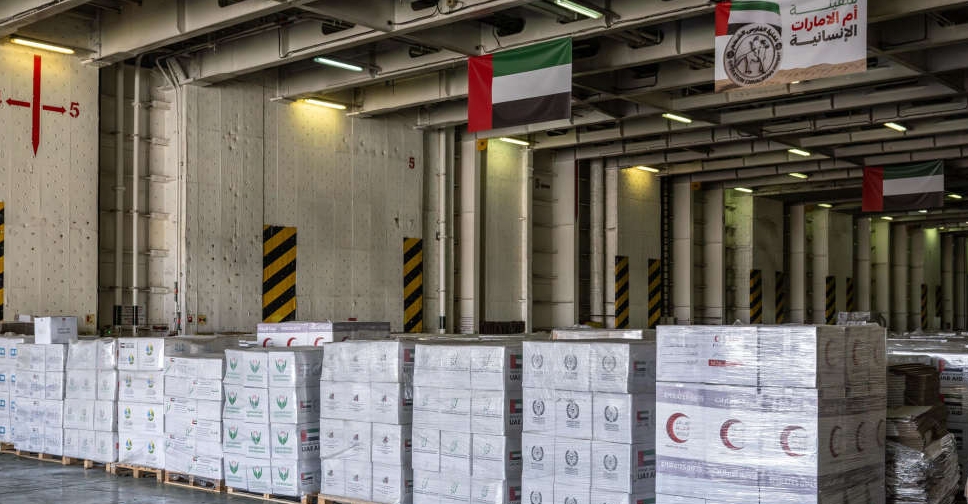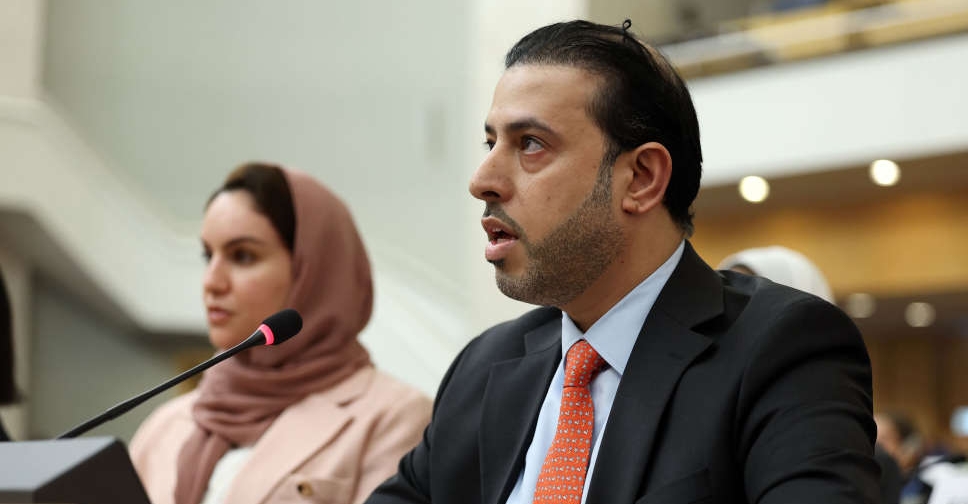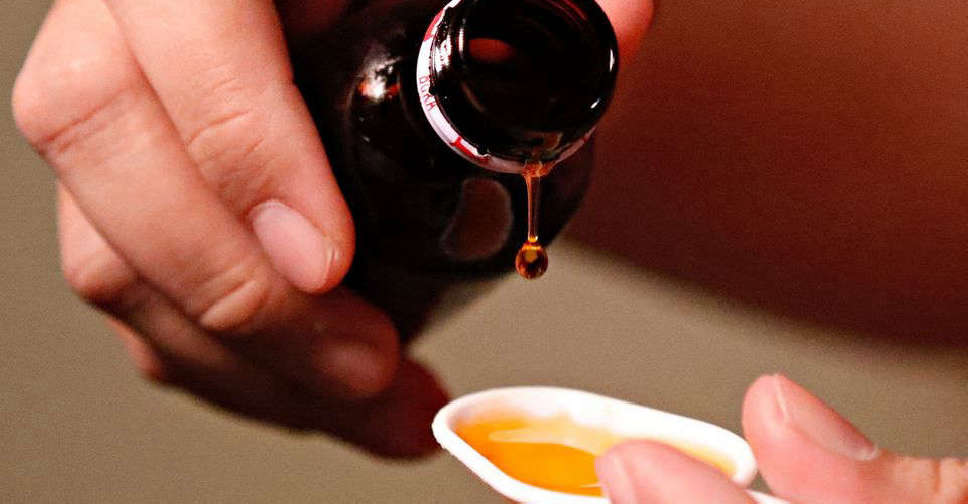
India has refused the request from pharmaceutical companies to extend a year-end deadline to upgrade manufacturing facilities, four sources said, amid public anger over the deaths of 24 children who consumed locally-produced cough syrup.
New Delhi had in late 2023 ordered drugmakers to ensure their plants meet World Health Organisation-recommended standards, which would require them to invest in protocols to prevent cross-contamination and enable batch-testing of samples, among other measures.
The mandate was established after India-made cough syrups were linked to the deaths of over 140 children in Africa and Central Asia, severely denting India's image as a "pharmacy of the world".
While major pharmaceutical companies met a June 2024 deadline, smaller firms were granted a 12-month reprieve on their separate December 2024 target. Some in India's pharmaceutical lobby have, however, been pushing for more time, warning that businesses would be forced into bankruptcy by the costs.
But news that Sresan Pharmaceutical Manufacturer, which made the Coldrif syrup that was linked to the latest deaths, had not upgraded its facilities was a key factor in convincing government officials to ignore those appeals, said three of the people, who spoke on condition of anonymity to discuss non-public deliberations.
The decision was made in October after tests confirmed a high level of toxicity in some Coldrif syrups, according to two of the people. Drugmakers were informed of the decision at a conference on Thursday, one of them said.
Once the upgrades are completed, India plans to phase out a controversial rule introduced in 2023 that mandates additional testing of cough syrups at government-designated laboratories before export, one of the people said.
That requirement does not apply to medication meant for domestic use. The recent deaths have reignited a public debate in India about selective enforcement of safety standards.
The health ministry and the Central Drugs Standard Control Organisation (CDSCO), the federal pharmaceuticals regulator, did not return requests for comment. Representatives for Sresan did not respond to repeated phone calls.
If India had adhered to its original deadline, the latest deaths could have been avoided, said Udaya Bhaskar of the All India Drugs Control Officers’ Confederation, which represents pharmaceutical regulators. All the recent deaths were linked to a batch of Coldrif syrup made in May.
Bhaskar said he supported scrapping additional testing for exports once all labs were certified to WHO standards: "It's not the government's job to test every batch. That responsibility lies with the manufacturer. The government's duty is to ensure compliance."
HIGHLY TOXIC
Government tests found the syrup manufactured by Sresan contained 48.6 per cent diethylene glycol (DEG), or nearly 500 times the limit set by India and the WHO.
DEG is sometimes “fraudulently or unintentionally” used in place of pricier pharmaceutical-grade solvents like glycerine and propylene glycol, according to an October 13 presentation on medical contamination by the Indian Pharmacopoeia Commission (IPC), which sets national drug standards.
The commission in October started requiring manufacturers to test oral liquids for the presence of DEG and another comparable substance, ethylene glycol, before sale.
A Reuters investigation in 2023 had exposed regulatory and legal gaps that allowed unscrupulous manufacturers to substitute DEG for pharmaceutical-grade propylene glycol. Despite the earlier deaths abroad, there is no record of anyone getting jailed in India.
"Contamination may occur through deliberate adulteration to cut costs or accidental mix-ups and mislabelling, especially in shared processing facilities," according to the October presentation seen by Reuters.
While IPC did not name specific companies, the CDSCO said in October that recent inspections revealed some firms failed to test every batch of medicinal ingredients as required by law.
Authorities have since revoked Sresan's manufacturing license, banned its products, and arrested its founder S. Ranganathan on suspicion of manslaughter.
Sresan's corporate office in a residential building in the southern city of Chennai and its manufacturing site, which is based in a ramshackle shed-like structure, were both closed during Reuters' visits. “There were numerous critical violations of even existing standards. That unit is unfit for manufacturing,” said one of the people, who was briefed on the preliminary investigation.
The closure of Sresan's facilities, however, comes too late for Mayank Suryavanshi.
The 3½-year-old from the Parasia region of Madhya Pradesh state had developed a fever on September 22, for which a local doctor prescribed Coldrif. Mayank took doses manufactured by Sresan, but his condition deteriorated. He died of acute kidney failure in the early hours of October 9.
“We never imagined a simple medicine could turn life-threatening,” said his father, Nilesh Suryavanshi, who works as a day labourer. "My child should be the last," he said. "The government must ensure no other parent suffers like this.”
'PEOPLE ARE DYING'
India's $50 billion pharmaceutical industry is composed of some 3,000 companies that operate over 10,000 factories.
About two dozen firms are responsible for the majority of drugs manufactured in the country, government data show. Much of the remaining 40 per cent is produced by small- and medium-size enterprises, many of which fear the costs of upgrading their facilities will render them economically unviable.
Jagdeep Singh, secretary of the SME Pharma Industries Confederation, has warned that nearly half of the manufacturing units in the pharmaceutical hub state of Himachal Pradesh would shut if an extension was not forthcoming.
"I can guarantee there will be shortages, unemployment, and massive national losses," he said, adding that some firms have already discontinued products as customers refuse to bear the upgrade costs. But regulators no longer seem convinced by that argument, one of the sources told Reuters.
The deadline "cannot be extended again and again - people are dying," the person said, adding that major drugmakers which have already upgraded their facilities could meet any shortfall.
In rural Parasia, the local community continues to count the costs of the drug-safety lapses.
Regional drug inspectors have been visiting pharmacies to collect random samples of cough syrups for testing. At least four pharmacies that sold Coldrif were temporarily shut for failing to produce documentation related to the syrup's sale, according to six local pharmacists.
Community health workers have also been deployed on door-to-door visits to urge residents to surrender remaining bottles of Coldrif.
Local physician Praveen Soni, who prescribed Coldrif to several of the children who died, has been arrested as part of the manslaughter investigation. He couldn't be reached for comment but had earlier told local media it was "difficult to link the deaths to Coldrif because it had been prescribed for a decade".

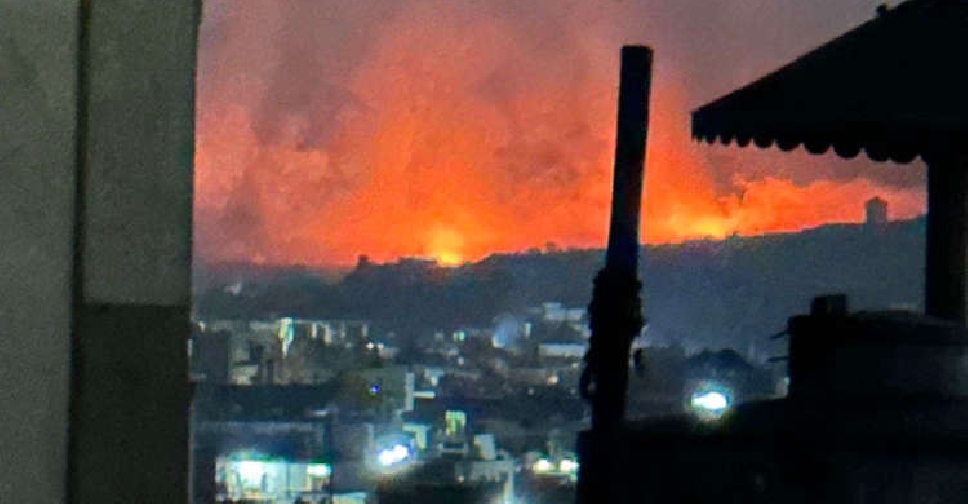 Pakistan bombs targets in Afghan cities, minister calls it 'open war'
Pakistan bombs targets in Afghan cities, minister calls it 'open war'
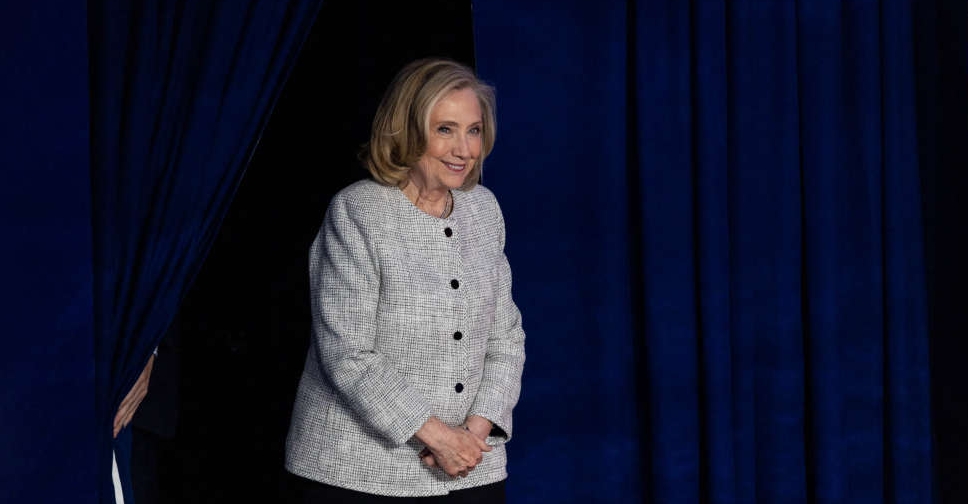 Hillary Clinton tells panel she has no information on Epstein
Hillary Clinton tells panel she has no information on Epstein
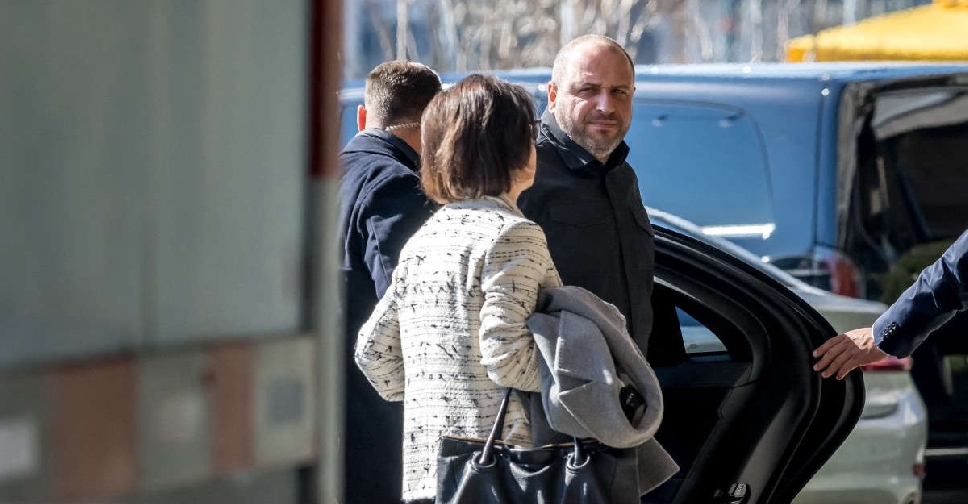 US, Ukraine discuss post-war reconstruction as Russia pummels grid
US, Ukraine discuss post-war reconstruction as Russia pummels grid
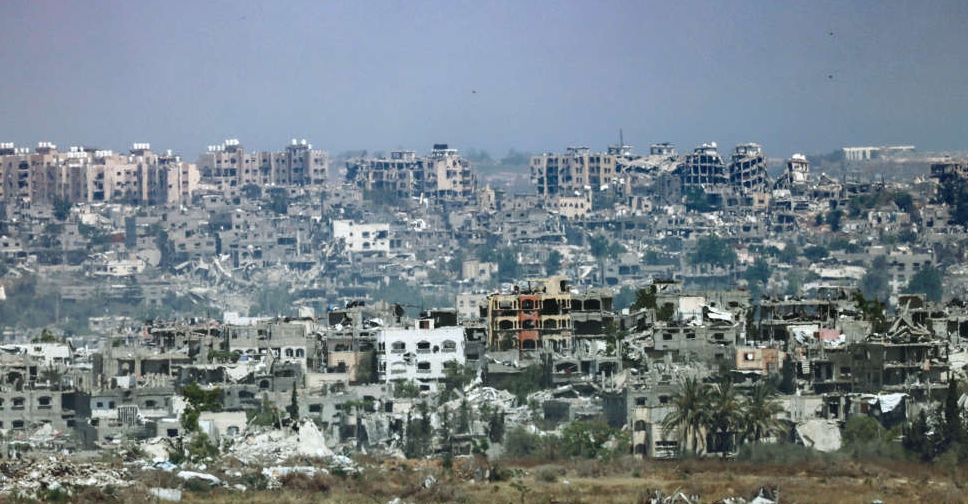 Israeli fire kills three people in Gaza as truce deal staggers
Israeli fire kills three people in Gaza as truce deal staggers
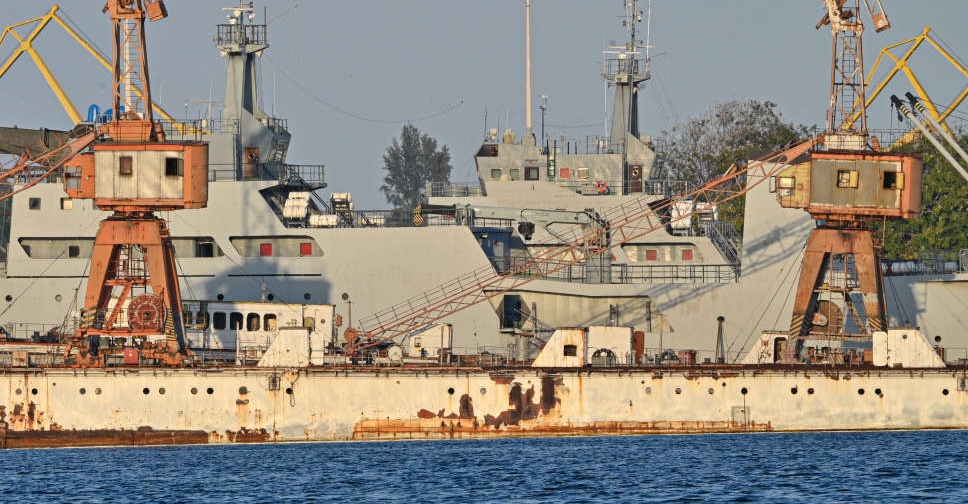 Cuban forces kill 4 exiles who attacked from Florida speedboat
Cuban forces kill 4 exiles who attacked from Florida speedboat
